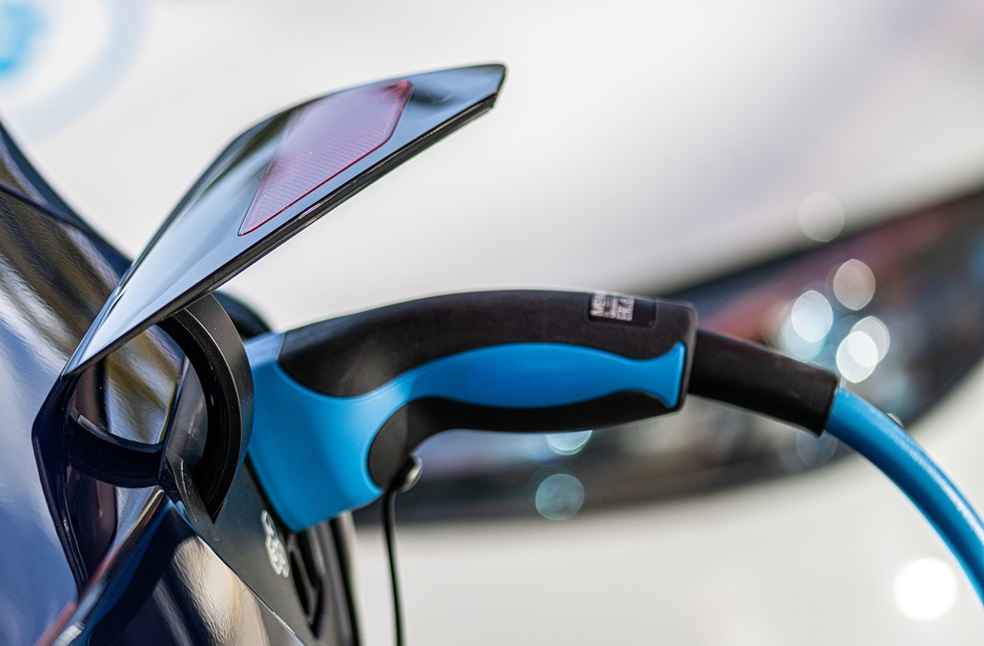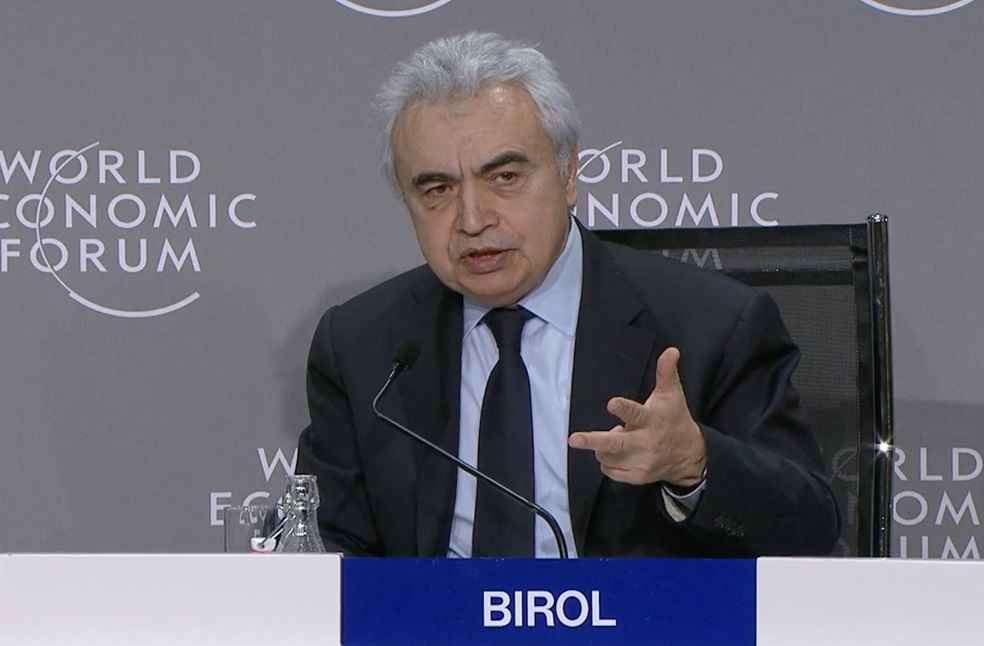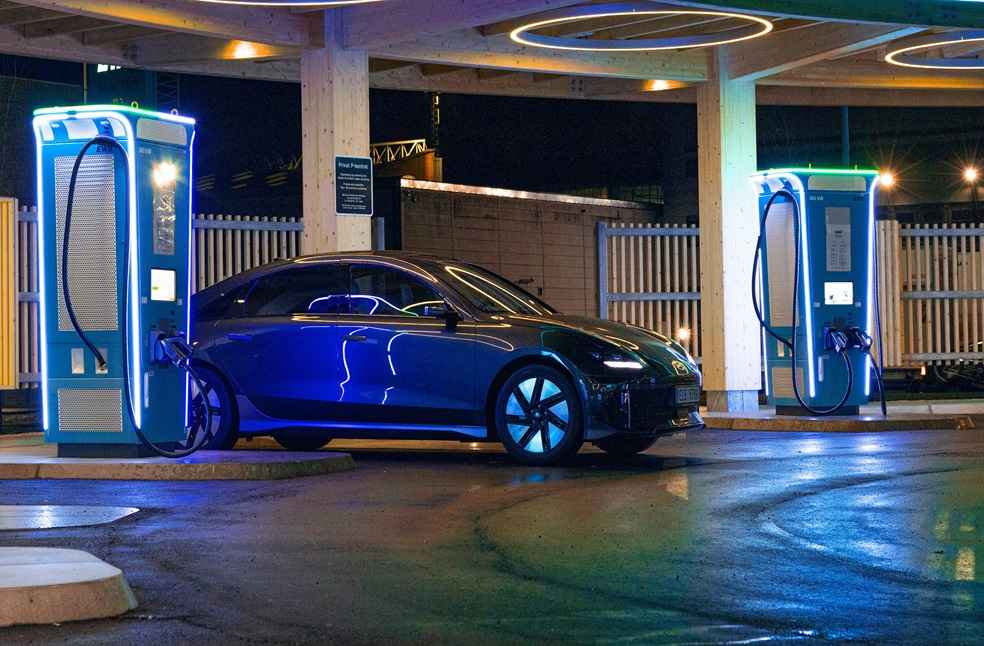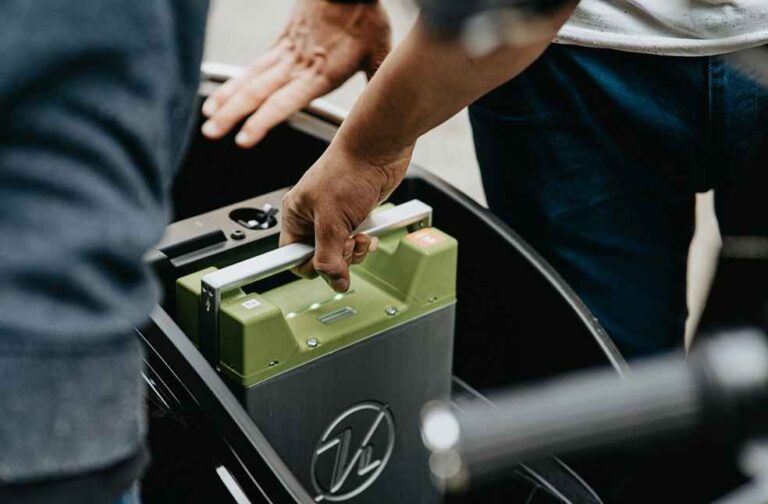Paris: The International Energy Agency (IEA) has said that batteries should lead to a sixfold rise in global energy storage to meet renewable energy targets, after their deployment in the power sector more than doubled last year.
The IEA reported that the deployment of batteries in the global electricity industry rose by over 130 percent from the previous year, with new batteries totalling 42 gigawatts (GW) being sealed into electricity systems worldwide. The agency precautioned that approximately 1,500GW of battery storage will be needed globally by the end of the decade to preclude a slowdown in the worldwide change to clean energy and to support the United Nations’ net zero goals.

Batteries became one of the fastest-increasing clean energy technologies in the world, with expenditures declining by 90 percent over the last 15 years, broadly due to the quick development of electric vehicles (EVs). However, the IEA suggests that expenses will be required to drop further, and governments should take measures to diversify the supply chains for battery manufacturing to thwart market bottlenecks.
The International Energy Agency executive director, Fatih Birol, considers that a wave in battery technology could be the key to important improvements in renewable power adoption, the deduction of fossil fuels in power grids, and the overall use of electric vehicles. Birol stated that, “Batteries are changing the game before our eyes.”

The IEA noted that global investment in batteries surpassed $150 billion last year, with a powerful growth in car batteries and power grid battery storage investments. Vehicle battery funding totalled $115 billion, with 90 percent of this investment occurring in China, Europe, and the US.
The international battery industry’s development led to a surge in electric car sales, advancing from 3 million in 2020 to almost 14 million last year. Further substantial enlargement is expected in the coming years, according to the report. Batteries are expected to enclose a remarkably enormous part of global energy grids, assisting in reducing the usage of fossil fuels in electricity generation.

Birol commented that, “The combination of solar PV and batteries is today competitive with new coal plants in India. And just in the next few years, it will be cheaper than new coal in China and gas-fired power in the United States.”
“The electricity and transport sectors are two key pillars for bringing down emissions quickly enough to meet the targets agreed at Cop28 and keep open the possibility of limiting global warming to 1.5 Celsius above preindustrial levels. Batteries will provide the foundations in both areas, playing an invaluable role in scaling up renewables and electrifying transport while delivering secure and sustainable energy for businesses and households,” Birol added.



